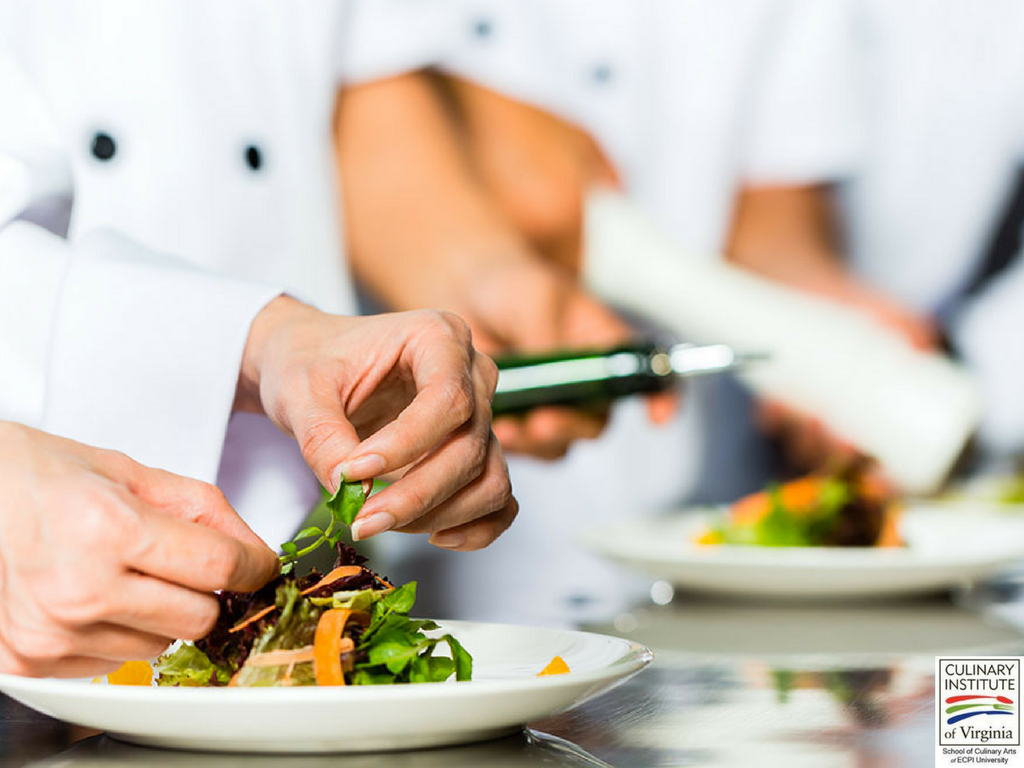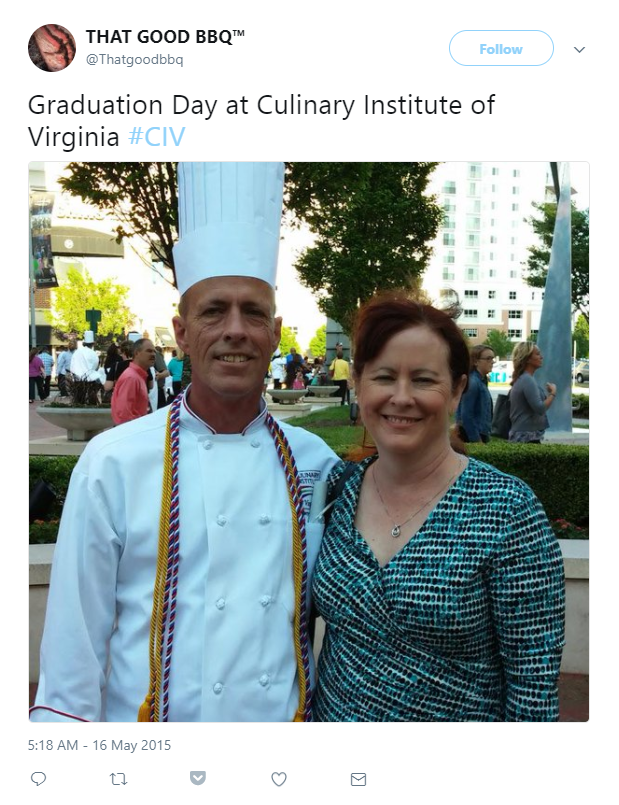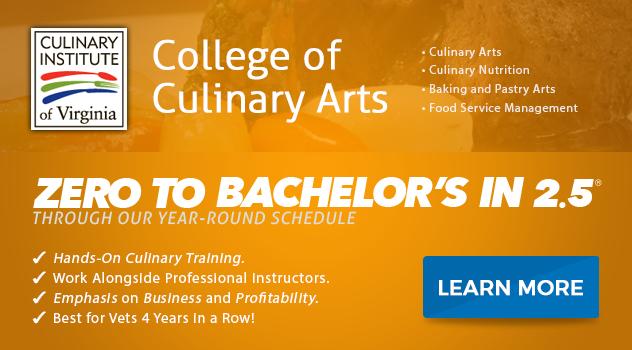What is a Chef's Work Schedule?
Everyone knows that being a chef is hard work. For many, that's part of the thrill. Getting to work all day making delicious dishes sounds like a dream come true, even if the hours are long and difficult. If you want to become a chef, it can help to know what a chef's work schedule looks like.
What does a chef do to prepare a restaurant at the start of the day? What goes on during dining hours? And what happens at the end of the day? Being a chef is demanding work, but rewarding for the special few who feel passionate about cooking.
Early Morning
The early morning is all about preparation. A well-prepared kitchen will function at maximum efficiency once customers start arriving later in the day. A chef might start by making sure the kitchen is in order. The chef should take inventory and make their they are properly stocked with everything they'll need to cook. They can also use this time to sharpen their knives and make sure all the cookware is up to standard. Lastly, this is a good time to make sure your employees' schedules, including breaks, are planned out so that you'll experience no disruptions in service.
Mid-Morning
Sometime after the chef arrives, the rest of the kitchen staff will start to show up. Once everyone has arrived, the chef should gather the staff and make sure everyone is up to speed on what their assignments are for the day. Now is a good time to begin work on dishes that need to be prepared ahead of time, such as soups, desserts, and sauces.
Early Afternoon
Lunchtime is the first big rush of the day for most restaurants. Make sure your staff is operating at full effectiveness. If someone didn't show for work, or if the orders are coming in too quickly for the staff to handle efficiently, the head chef should step in and help. As chef, you will need to be ready to be your staff's captain as the customers roll in; taking command, delegating tasks, shoring up lagging parts of the kitchen, and keeping morale high are all essential.
Once the lunch rush is over, you and your staff are going to want to take a break. Make sure to stagger breaks so that no late afternoon customers are left unattended, and so that all your staff get the rest they need for the evening rush.
Late Afternoon
Dinner is coming up, so you need to be ready. Wash and chop vegetables and double check the soups and sauces. If you have an idea of which dishes are your bestsellers, make sure their ingredients are ready to go; your cooks are going to want to access them as quickly as possible. Get any meats that require extended roasting started already.
Early Evening
This is prime time for chefs. The dinner crowd is the largest and have the biggest expectations. Whereas the lunch crowd is often focusing on getting a bite to eat in between work or running errands, the evening crowd are more likely there as a special occasion.
Your lunch hour is good preparation for the evening; everyone needs to be focused and ready, the head chef included. Customers need to be kept happy, the kitchen needs to quickly churn out good food, and the wait staff need to be prompt and accurate. The head chef needs to keep an eye on every aspect of their restaurant; dinner service is where restaurants are made and broken.
Closing time
Make sure everything is thoroughly cleaned. Go over any notes you've made about the day; take note of what went well and what needs improving. Plan the menu for tomorrow, make any orders for produce and ingredients that you need. Then go home and get some rest. You're doing all of this again tomorrow!
Does this day in the life of a chef sound like something you want? At ECPI University’s Culinary Institute of Virginia, you could earn an Associate of Applied Science in Culinary Arts and get the education you need to get your life as a chef off and running! Want to learn more? Connect with a friendly admissions advisor today.
It could be the Best Decision You Ever Make!
DISCLAIMER – ECPI University makes no claim, warranty, or guarantee as to actual employability or earning potential to current, past or future students or graduates of any educational program we offer. The ECPI University website is published for informational purposes only. Every effort is made to ensure the accuracy of information contained on the ECPI.edu domain; however, no warranty of accuracy is made. No contractual rights, either expressed or implied, are created by its content.
For more information about ECPI University or any of our programs click here: http://www.ecpi.edu/ or http://ow.ly/Ca1ya.





